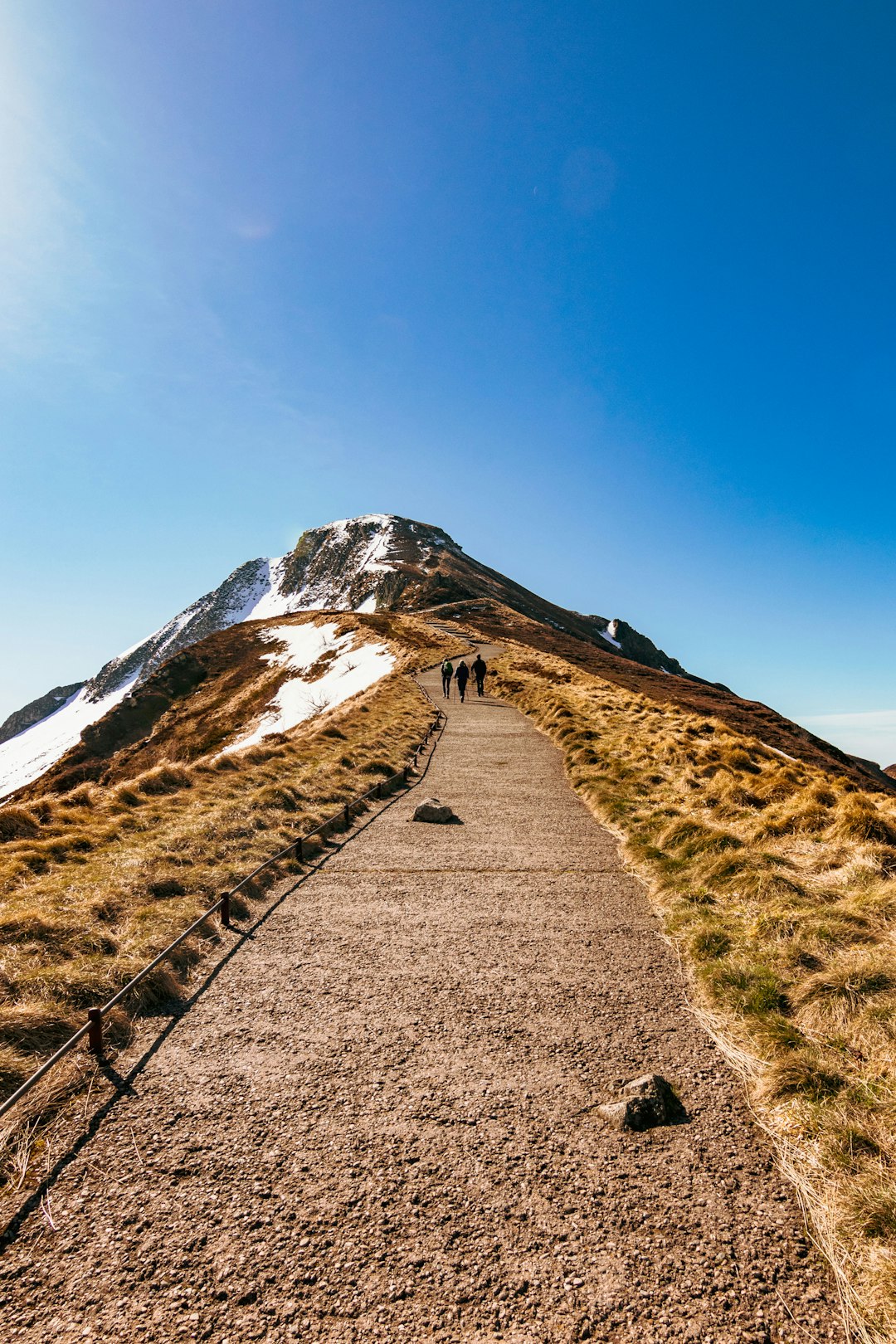Geophysicist Kaimātai Pūtaiao Whenua
Geophysicists use data-collecting technology to study natural processes of the Earth, such as earthquake and volcanic activity, and to locate minerals, oil and gas, or groundwater.
Geophysicists may do some or all of the following:
- study the physical properties of the Earth, including rocks, geological layers, oceans and atmosphere
- look for and study oil, gas, groundwater and mineral deposits
- study the eruption patterns of active and dormant volcanoes
- study risks to coastlines from storms and tsunamis
- measure gravity, earthquakes, electrical fields and magnetic fields
- process data and measurements taken from Global Positioning System (GPS) equipment
- provide information for search and rescue missions
- advise central and local government, civil defence and other organisations about risks from volcanoes, for example
- carry out research and experiments, and develop numerical models to support their scientific theories
- write research papers and reports based on the results of their studies
- teach at universities and supervise students' research projects.
Physical Requirements
Geophysicists who do fieldwork need to be reasonably fit and healthy.
Useful Experience
Useful experience for geophysicists includes:
- computer-coding skills
- work in electronics
- work as a geological field assistant or science technician
- any practical fieldwork.
Personal Qualities
Geophysicists need to be:
- patient and accurate
- enquiring and observant
- good at maths and able to solve problems
- good at planning
- able to think creatively to find new solutions to scientific problems
- skilled communicators for writing reports.
Skills
Geophysicists need to have knowledge of:
- the principles of physics
- the geological nature of the Earth, including minerals, rocks and soils, and the processes that operate on them over time
- the marine environment
- how volcanoes behave
- the causes of earthquakes
- how to perform experiments and operate scientific equipment
- how to use Geographic Information Systems (GIS) – tools for capturing, storing and analysing geographic data
- how to use computer-based models to understand real-world events
- how to analyse and interpret research results and other information.
Conditions
Geophysicists:
- in research institutes usually work regular business hours, but may work long, irregular hours when carrying out experiments
- may work in offices, universities, laboratories, mines, on drilling platforms or at building sites
- may work in extreme weather on mountains or at sea, or underground in dark, dirty and cramped conditions
- may travel nationally or overseas to do fieldwork, or attend conferences.
Subject Recommendations
A tertiary entrance qualification is required to enter further training. Useful subjects include physics, chemistry, maths, geography and English.
Related Options
Geophysicists can earn around $65K-$75K per year.
Pay for geophysicists varies depending on qualifications and experience.
- Graduate geophysicists usually start on $65,000 to $75,000 a year.
- Mid-level geophysicists usually earn $85,000 to $120,000.
- Senior geophysicists who lead groups of scientists on projects can earn $120,000 to $180,000.
Geophysicists working in the private sector may earn more than this.
Source: GNS Science, 2021.
Geophysicists may specialise in roles such as:
- Oceanographer
- Oceanographers study the oceans and the marine environment.
- Seismologist
- Seismologists study earthquakes and artificially produced vibrations of the Earth.
- Volcanologist
- Volcanologists study volcanoes and monitor volcanic activity.
Years Of Training
3-7 years of training required.To become a geophysicist you need a minimum of a Bachelor's degree in physics, geophysics or geology. However, most employers prefer you to have a Masters or PhD in one of these subjects.
Some people working as geophysicists may have degrees in any of:
- maths or statistics
- oceanography
- engineering
- marine science
- biology.

 Mt Albert Grammar School
Mt Albert Grammar School